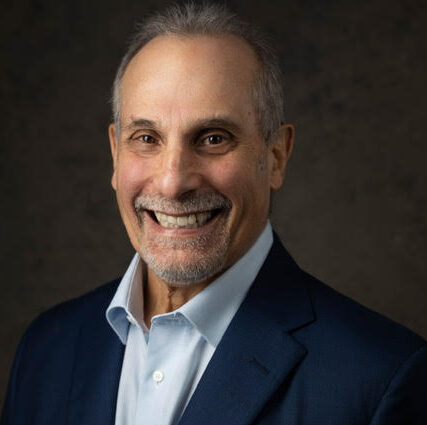
(By John Shomby) The Merriam-Webster definition of trust: “Assured reliance on the character, ability, strength or truth of someone or something.” As a manager, do you REALLY trust your people, knowing how it is defined above?
I would bet if I took a survey of GMs and PDs asking only that question, I would probably get a “yes” from close to 100%.
Trust has become more crucial in the business as staff balance in-office and remote work with their family time every day. Let’s examine what trust truly exists, with some examples, in the radio industry right now.
Several large broadcast companies have a centralized music selection process and centralized music scheduling taking both responsibilities out of the hands of the local programmer. Programmers and Sales Managers, in most large organizations, oversee multiple stations/clusters assuming some or most of the responsibilities of any local management.
On an even smaller scale, how many programmers/managers can communicate openly with trade magazines so as to offer advice, anecdotes, or opinions? I’d say the answer to that is a very low percentage. I haven’t even ventured into the multiple individuals a programmer/manager reports to presently.
Tell me where any trust exists in any of the above examples. I worked for ONE organization over the past 20 years where I felt complete trust from the top down and the bottom up. Those were some of the best years inside a radio station for me.
What’s the danger of implicitly trusting your people? What could possibly happen? First, staff productivity and performance could increase. When a manager believes and trusts his staff, that trust is totally reciprocated, and employees feel motivated to do their best work without fear of micromanagement which leads to a sense of ownership and better results.
Second, watch how communication and collaboration improve. Employees will feel comfortable sharing ideas, concerns, and feedback which allows for better problem-solving, collaboration, and camaraderie. Third, you’ll see a lot less stress and burnout from your staff. Your trust leads to your staff feeling secure, respected, and valued. Fourth, loyalty grows and turnover doesn’t. Your staff is happier, more engaged, and more apt to stick around through the good and the bad. Finally, your station/cluster’s reputation gets stronger. When an organization is known for a culture of trust and “people first”, it attracts top talent and builds a much stronger brand in the market. That cluster I was a part of was the place where everyone wanted to work.
Is there a downside to trusting your staff? If you have the right people in the right positions, which falls on you as a manager, there IS no downside.
The best example I have of trust came at that same organization from a crazy April Fools idea. In our 5-station cluster, we asked what if we move the personalities to other stations for the day? I went to my GM with the idea, and he trusted me enough to go with it. The next step was throwing this out to the staff at a full meeting. Country morning show on the Top 40. Sports Talk host on the AC. Top 40 afternoon jock on country. PM Drive Country guy hosting Sports Talk… You see where this was going.
Each personality was given their on-air assignment on March 31 – the day before. Not one eye roll, not one, “I can’t do this.” They all had enough trust to give it a shot. It turned into a day that the staff talked about for weeks and wound up being a great team-building exercise not to mention the level of respect that had grown for each other’s job… and it all started with trust. How many managers would have that level of trust today?
I challenge all high-level managers in our industry to re-think your ability to trust your staff if you haven’t already. Watch the dynamics change plus I’m guessing we will see a decided change in the trajectory of our industry.
Based in Nashville, TN, John Shomby is the owner and CEO of Country’s Radio Coach. He is focused on coaching and mentoring artists, radio programmers, and on-air talent to help them grow and develop inside the radio station and the industry. Reach John at [email protected] and 757-323-1460. Read John’s Radio Ink archives here.






